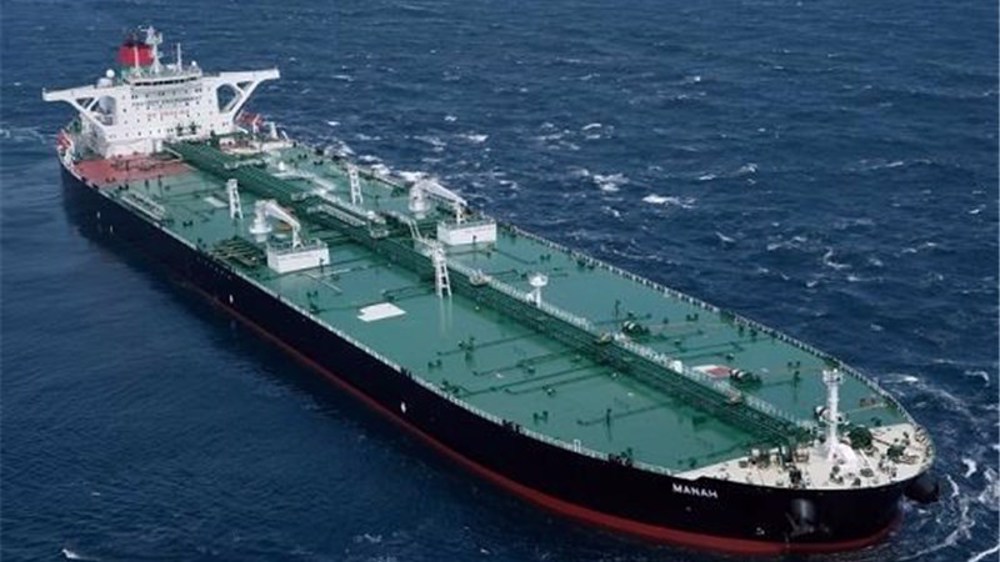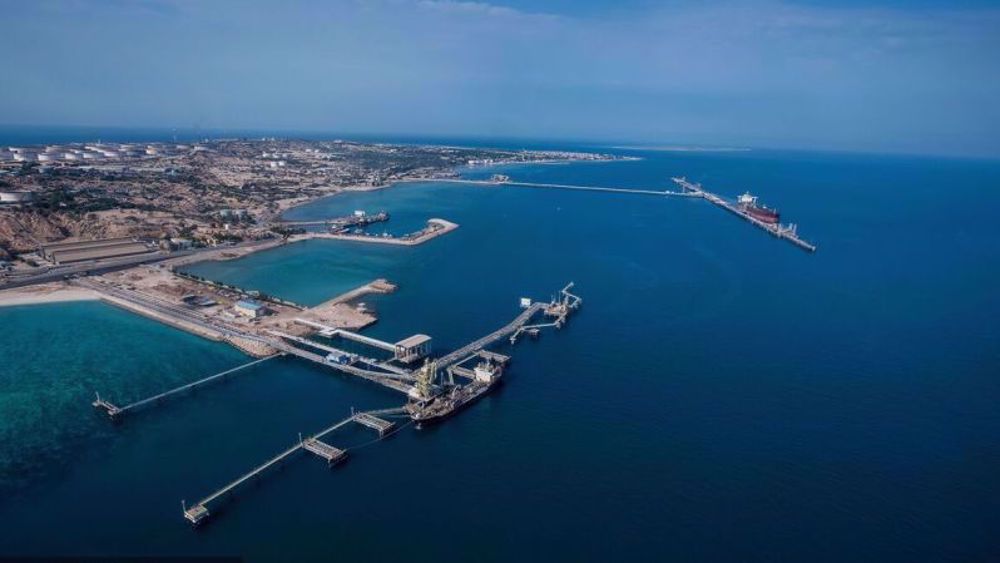Iran not to cede its oil market share to other countries: Zangeneh
Iran's oil minister says the country will not leave its share in the global oil market to any other country once sanctions against the Islamic Republic’s energy sector are removed.
“Iran under no condition will give up its share of the oil market to others … and will not ask for anybody’s permission for increasing its crude oil exports,” Bijan Zangeneh said in a press conference on Tuesday.
Iran has been taking steps to boost production and export of its crude oil following conclusion of a nuclear deal, known as the Joint Comprehensive Plan of Action (JCPOA), with six world powers in Austrian capital city, Vienna, in mid-July.
According to JCPOA, the United States and the European Union will lift sanctions imposed on the country’s economic and energy sectors in return for certain restrictions on Iran's civilian nuclear program.
The country is also planning crucial measure to streamline its oil and gas production and refining installations in preparation for reentry of Iranian crude oil into the global markets.
“The global oil market has taken into account the expectant rise in Iran's oil output in coming months and reentry of Iran's oil will not lead to a drastic fall in oil prices,” Zanganeh noted.

The Iranian oil minister emphasized that Iran has no concern about further reduction in oil prices, adding, “In fact, those countries that took advantage of Iran sanctions and increased production and export of their oil must be concerned about reduction in prices.”
Zangeneh noted that since Iran's oil export will double after sanctions are removed, the country’s oil revenues will remain untouched even if prices take a further dive, “but those countries that have increased their production will be at loss.”
“Before sanctions [were imposed on Iran], 60 percent of Iran's oil was exported to Asia and 40 percent to Europe, and we are planning to revive that market again,” he said.
Zangeneh’s remarks echoed his previous comments in early September when he said the Islamic Republic is determined to reclaim its share in global oil markets once sanctions imposed on the country’s energy sector are lifted.
“Immediately after lifting sanctions, it’s our right to return to the level of production we historically had,” Zangeneh said, adding, “We have no other choice.”
He noted that the country will raise its output by 500,000 barrels per day soon after sanctions are lifted and by one million barrels per day within the following five months.
Humans of Gaza: 33-year-old footballer Ramzi Al-Safadi killed with brother
‘We’ll rebuild homes, lives’: Lebanese people displaced by war vow to return home
Ex-US Army officer and Press TV analyst Scott Bennett dies at 53
IRGC: 76 terrorists killed, captured during anti-terror drills in southeast Iran
VIDEO | ICC arrest warrant for Netanyahu
Italian court rules al-Quds cannot be Israel’s ‘capital’
Starbucks closes 50 stores in Malaysia amid anti-Israel boycott drive
Israeli arms firm loses its ‘biggest contract’ as UK revokes contract










 This makes it easy to access the Press TV website
This makes it easy to access the Press TV website